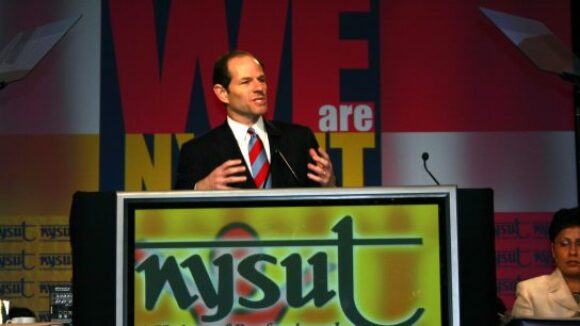Business 'Raspberries' For Compulsory Unionism
Protecting the Right to Work Improves Overall Job Climate
(Source: June 2010 NRTWC Newsletter)
Early this year, Chief Executive magazine asked 651 CEOs from around the country to grade all 50 states and the District of Columbia in three general categories that businesses invariably consider when they are contemplating where to make job-creating investments.
As Chief Executive's editors note, the business leaders were asked to "draw upon their direct experience" to rate each state for a) taxation and regulation, (b) quality of workforce, and (c) living environment.
In its May/June issue, Chief Executive published the survey results. They indicate that, in the wake of the severe 2008-2009 recession, state Right to Work laws may be even more critical for private-sector job and income growth than they were in the generally favorable national economic climate of 1982-2007.
Overwhelmingly, the CEOs judged that, in Right to Work states, employees have superior work ethics, real estate costs are relatively low, and public officials have a much more positive attitude toward business.
Every one of the seven states with the highest overall rankings has a Right to Work law prohibiting the firing of employees for refusal to pay dues or fees to an unwanted union. Nine of the top 10 states are Right to Work states. Thirteen of the top 15 are Right to Work states.

